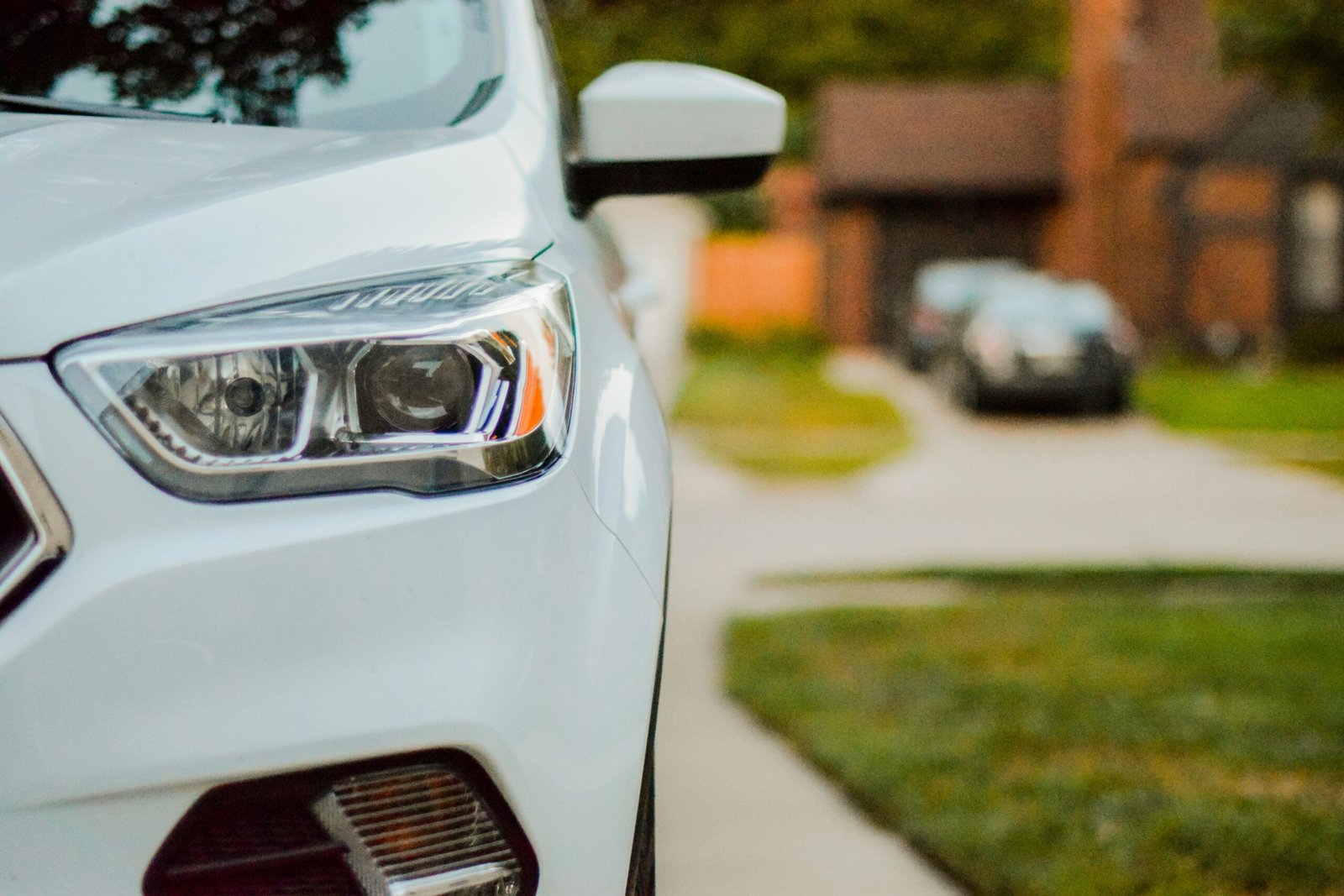When it comes to buying a car, there are several factors to consider. Whether you prioritize specific features, ownership history, cost, urgency to purchase, long-term ownership plans, understanding your individual needs is crucial in making the best decision. Let’s explore the pros and cons of buying a new car versus a used car to help you navigate this important choice.
Prioritizing Features and Technology
If having the latest technology and safety systems is a top priority for you, a new car is the way to go. While some used cars may have advanced features, buying a new car ensures that you get the most cutting-edge technology available. You can customize your new car with all the features that matter to you, from advanced safety features to the perfect color and equipment package.
On the other hand, if you’re flexible on technology and safety systems, a used car can be a great option. While you may not have access to the very latest features, you can still often find a used car that meets your needs without breaking the bank.
Ownership History and Condition
If the idea of owning a car that has never been driven by anyone else is important to you, then a new car is the obvious choice. With a new car, you can rest assured that it hasn’t been in an accident, smoked in, or had pets that may affect your allergies.
However, if you’re not concerned about a previously owned vehicle and know the process on how to see if the car you are considering is likely a good vehicle, a used car can offer excellent value. You can check the vehicle’s history through services like CarFax to ensure it has a clean record. Additionally, a professional cleaning can eliminate most unwanted smells or dirt.
Urgency and Time Constraints
If you’re in a hurry to get a car due to unforeseen circumstances like a totaled vehicle or sudden breakdown, a new car is usually the quickest option. You can get the exact equipment you want without having to wait for the right used car to come along. However, if you have time to plan ahead, you can keep an eye out for a used car that meets your requirements.
Long-Term Ownership
If you expect to own the car for many years or put on a significant number of miles, buying a new vehicle may be the best option. A new car comes with the guarantee that no important maintenance requirements have been missed and that it hasn’t been abused by previous owners. A new car also tends to have lower initial repair costs. However, checking the vehicle’s history with CarFax or similar service and having it inspected by a professional technician, you can reduce the risk of purchasing a used car.
Vehicle Cost
Price is often a significant factor in the decision-making process. While a new car may be more expensive upfront, it may be offset by the benefits mentioned above if they are more important for you. A used car, on the other hand, has already undergone a significant portion of its depreciation in addition to the initial lower price making it a more affordable option . Additionally, insurance and licensing costs are generally lower for used vehicles.
Conclusion
When deciding between a new car and a used car, it’s essential to prioritize what matters most to you. Consider your preferences for features, technology, ownership history, urgency, long-term ownership, and cost. By carefully evaluating these factors, you can make an informed decision that aligns with your individual needs and preferences.

